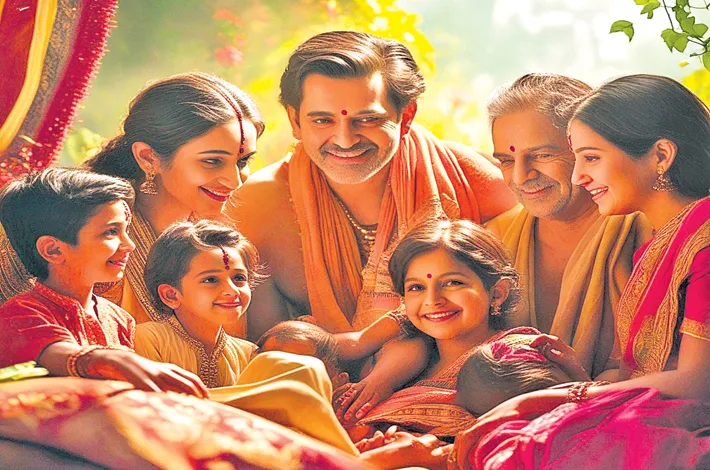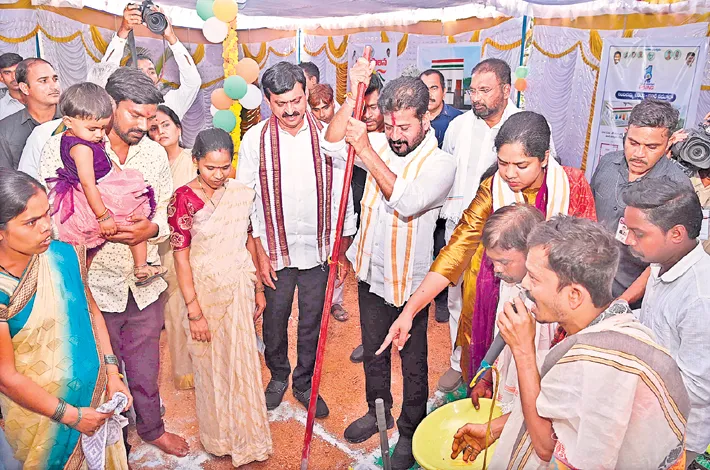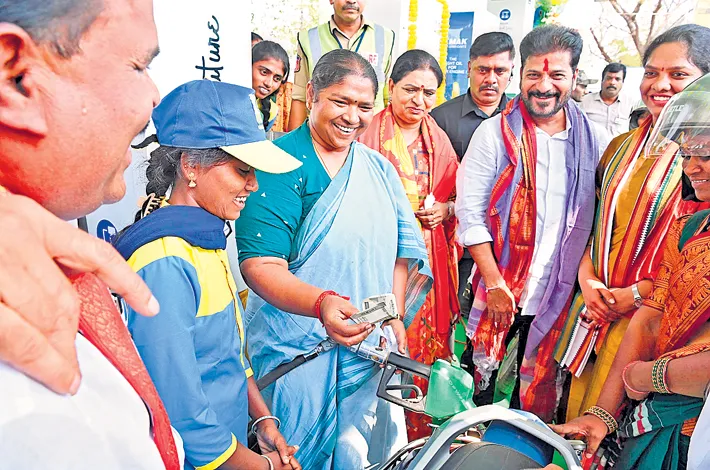Intra-Family Relationships in India and Their Positive Impact
22-02-2025 12:00:00 AM

India, a land of diverse cultures, traditions, and values, places immense importance on family as the cornerstone of society. Intra-family relationships in India are deeply rooted in a sense of duty, mutual respect, and emotional bonding that transcends generations.
These relationships, encompassing interactions between parents, children, siblings, and extended family members, play a pivotal role in shaping individuals and communities. Far from being mere social constructs, they offer a robust support system that fosters emotional well-being, cultural continuity, and personal growth. This article explores the dynamics of intra-family relationships in India and highlights their positive impact on individuals and society.
The Structure of Indian Families
Traditionally, Indian families have been characterized by the joint family system, where multiple generations—grandparents, parents, children, and sometimes even uncles, aunts, and cousins—live under one roof. While urbanization and modernization have led to a rise in nuclear families, the ethos of interconnectedness remains strong. Even in nuclear setups, regular communication and involvement with extended family members are common. This structure fosters a sense of belonging and collective responsibility, ensuring that no individual feels isolated.
The hierarchical yet affectionate nature of Indian family dynamics is notable. Elders are revered for their wisdom and experience, while younger members are nurtured with care and guidance. This balance of respect and love creates a nurturing environment where values such as empathy, patience, and resilience are instilled from an early age.
Emotional Support and Resilience
One of the most significant positive impacts of intra-family relationships in India is the emotional support they provide. In a country where mental health awareness is still evolving, families often serve as the first line of defense against stress, anxiety, and life’s challenges. Whether it’s a parent offering advice to a struggling teenager, siblings sharing personal dilemmas, or grandparents providing a listening ear, the family unit acts as a safe haven.
This emotional scaffolding is particularly evident during crises. For instance, during financial hardships or health emergencies, family members rally together to offer both tangible and intangible support. The collective strength derived from these relationships helps individuals bounce back from adversity with greater resilience. Studies have shown that strong family ties correlate with lower rates of depression and higher life satisfaction—outcomes that are especially pronounced in India’s family-centric society.
Transmission of Cultural Values
Intra-family relationships in India are a vital conduit for passing down cultural values, traditions, and moral principles. From celebrating festivals like Diwali and Eid to observing rituals such as ancestor worship or daily prayers, families ensure that cultural heritage remains alive. Grandparents often play a key role in narrating stories from epics like the Mahabharata or Ramayana, embedding lessons of duty, loyalty, and righteousness in younger generations.
This intergenerational exchange fosters a sense of identity and pride in one’s roots. For example, a child learning to cook a traditional recipe from their mother or participating in a family puja gains not just skills or religious knowledge but also a deeper connection to their heritage. In a rapidly globalizing world, these familial bonds act as an anchor, helping individuals navigate modernity without losing their cultural essence.
Economic and Social Stability
The interdependence within Indian families extends to economic and social spheres, offering stability in an unpredictable world. In joint families, resources are often pooled, with earning members supporting the education of younger siblings or the healthcare needs of elders. This cooperative approach reduces financial strain and ensures that opportunities—like access to quality education or career guidance—are available even to those in less privileged circumstances.
Socially, the family provides a network that enhances an individual’s standing in the community. Arranged marriages, a common practice in India, exemplify this, as families come together to evaluate compatibility, ensuring alliances that strengthen social ties. Moreover, the guidance and reputation of a family often open doors in professional and personal endeavors, reflecting the adage, “It takes a village to raise a child.”
Nurturing Personal Growth
Intra-family relationships in India are instrumental in personal development. Parents and elders emphasize education, discipline, and ambition, encouraging children to excel while grounding them in humility. Siblings, on the other hand, foster camaraderie and healthy competition, pushing each other to achieve more. The unconditional love within these relationships provides a safety net, allowing individuals to take risks and pursue their dreams without fear of failure.
For instance, a young professional moving to a new city for work might rely on parental encouragement and sibling banter to overcome homesickness. Similarly, the wisdom of grandparents can guide career choices or life decisions, blending traditional insights with modern aspirations. This holistic nurturing ensures that individuals grow into well-rounded, confident adults.
Strengthening Social Cohesion
Beyond the individual, intra-family relationships in India contribute to broader social cohesion. Families often act as microcosms of society, teaching tolerance, cooperation, and mutual respect—values that ripple outward. Community events, such as weddings or religious gatherings, reinforce these bonds, knitting families into a larger social fabric. This interconnectedness reduces societal fragmentation and promotes harmony, a critical asset in India’s diverse landscape.
Conclusion
Intra-family relationships in India are a tapestry woven with threads of love, duty, and interdependence. They provide emotional sustenance, preserve cultural heritage, ensure economic stability, and nurture personal growth, all while strengthening societal bonds. In an era of rapid change, these relationships remain a source of continuity and strength, proving that the family is not just a unit of coexistence but a powerful force for positive transformation. By fostering resilience, identity, and unity, India’s family system continues to enrich lives and uphold the nation’s social ethos, making it a model of relational richness worth celebrating.








